
Coffee, along with tea, follows water as the most consumed drink on the planet, according to the Harvard School of Public Health. But despite it’s rise to the top, coffee garnered both favorable and unfavorable reports. From stunting growth to increasing metabolism, the effects of coffee have been the subject of dozens of health, social and mental claims. Beneath the favorite flavors, cream and sugar, comes a darker, addicting side: caffeine. RBHS Nurse Tammy Adkins noticed the negative effects of caffeine both within herself and RBHS students.
“It can adversely affect hormones,” Adkins said. Coffee can cause “headaches, often if you don’t get the coffee … but it can also conversely cause headaches if you’re prone to migraines and stuff. Sometimes they say stop caffeine. Staining your teeth, that’s a big one. Coffee also [causes] teeth sensitivity, with the enamel.”
In a recent study, the United States Food and Drug Administration found that 80 percent of adults in the U.S. drink some form of caffeine every day, and while the stimulant does have perks such as heightened concentration and non-drowsy properties, the addictive side effects of coffee leads many people to foster a serious “dependence.” The study also found that in addition to the developed dependence on caffeine, as consumption rate increases, the positive effects slowly decline. This built up tolerance toward coffee’s effects forces the drinker to consume increasing amounts to retain any positive benefits.
Though she doesn’t drink the beverage herself, senior Claire Herndon said she saw how coffee became a daily requirement for many of her friends and family members.
“There are a lot of people, especially our parents, and people that have been drinking it a long time that … have to have it in the morning to wake up or to feel right about their day,” Herndon said. “Coffee is something they have to have to kickstart their day … it becomes just like a force of habit, something that people need.”
The coffee shop industry in the U.S. become a multi-billion dollar industry, according to Small Business Development Center, a national business information database, and while many theories abound as to why, a recent study led by University of British Columbia researcher Ravi Mehta got international attention. Mehta’s study claims the average 70-decibel noise level found in most cafes is the perfect amount of sound for creativity to blossom.
Paired with caffeine’s positive concentrational effects, the coffee shop atmosphere becomes even more alluring. Senior Bri Porter agrees that environment is a factor that can contribute to increased coffee consumption.
“Obviously [coffee] gives you an energy boost right when you drink it,” Porter said, but “I just always like it because I like to hang out in coffee shops and drink coffee in coffee shops. It’s not so much of a feeling thing as it is the environment.”
Herndon agrees that environment plays a role in the prevalence of coffee shops, and thinks that cafés not only serve as backdrop for studying, but also for meeting friends. Nonetheless, there’s another negative aspect of coffee she can’t swallow: price.
“A lot of times people are like ‘lets go get coffee,’” Herndon said. “I feel like coffee is a weird, common American thing that people do. They go out and get coffee in the morning and they get coffee just to talk and they get coffee to study and all of that … and I can’t also justify spending all of the money that people do spend on specialty coffees and stuff like that … [Also], it can get really expensive and it’s not super healthy especially if you’re always getting specialty coffees and not just black coffee.”
Ultimately, coffee remains one of the most contradictory products on the market. While researchers have found data on both ends of the health scale, the coffee industry continues to boom.
Despite confusing studies, Adkins said it is important to be aware of the positive and negative effects of coffee. While she noticed some of the effects at work in her own life, in the end, she still feels coffee can serve as a useful tool if used in moderation.
“There’s lots of different things about caffeine. You can find benefits for it and you can find negatives,” Adkins said. “In moderation, everything kind of serves a purpose. Usually I think there are [good] things about caffeine [like] stimulating the metabolism and stuff like that. So there are benefits but too much of a good thing is always negative.”
By Ashleigh Atasoy





















































































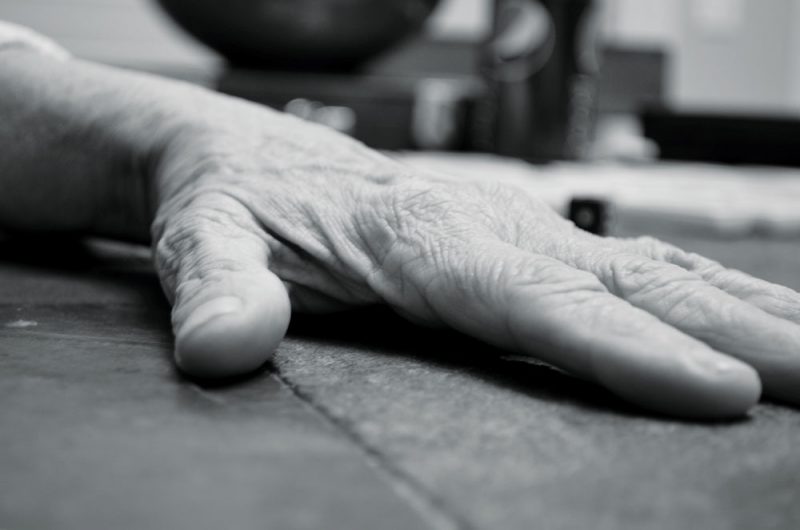
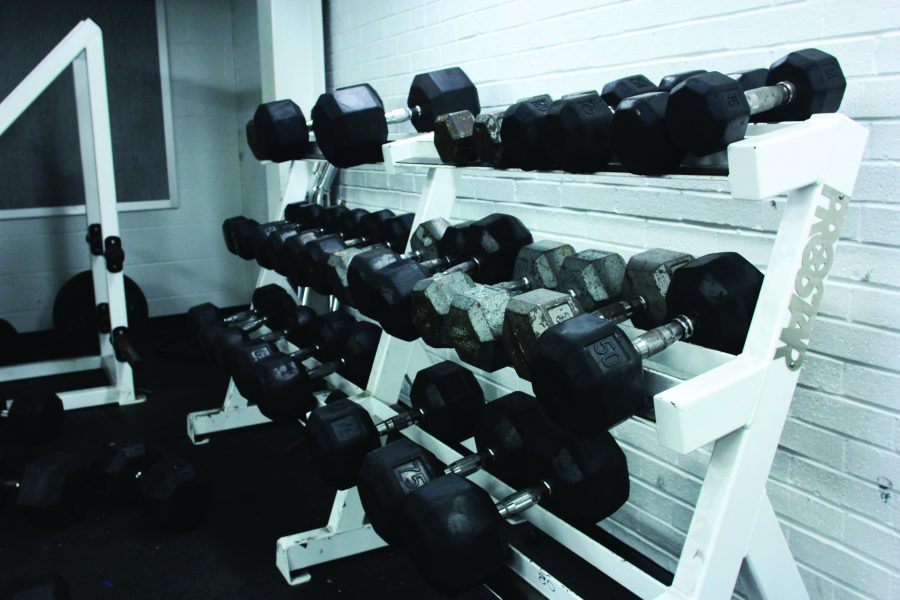
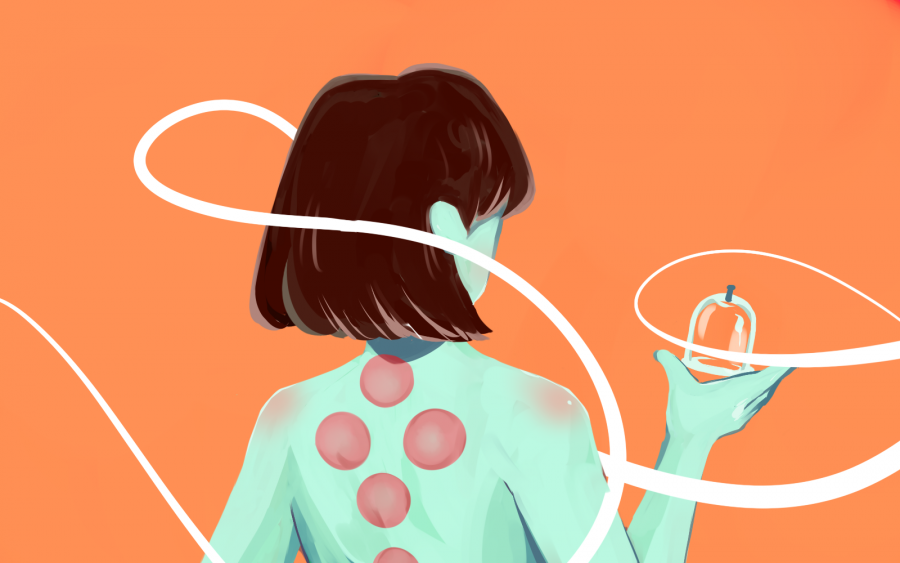
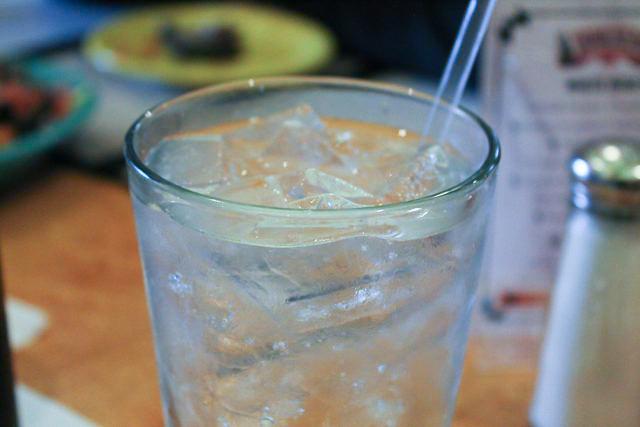
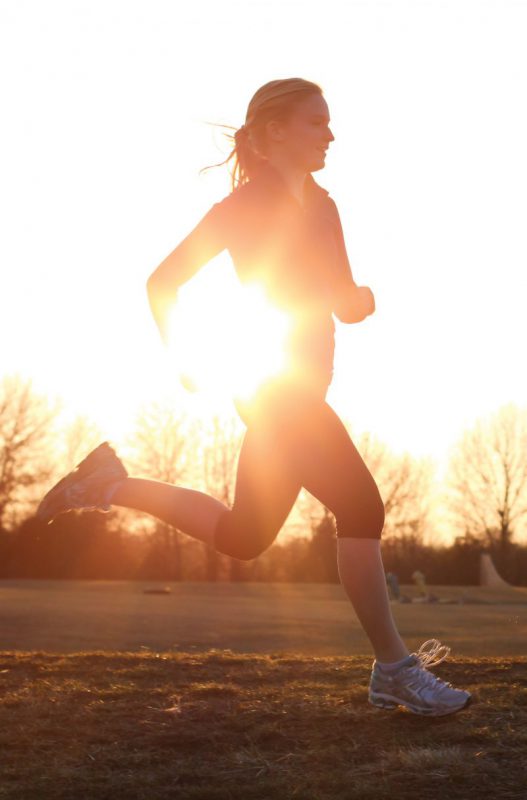
Karina Kitchen • Apr 11, 2014 at 12:40 pm
Great article, Ashleigh! I love your writing. I find it interesting how there are such conflicting reports on the effects of coffee – many people think it’s beneficial, yet other research shows really harmful effects. Personally, I don’t drink coffee, but what I’ve come to realize is that many things are okay, but in moderation.
Rachel Forrest • Apr 11, 2014 at 12:27 pm
I feel like coffee is becoming more and more of a problem for people. People are dependent on coffee these days and its turning into a caffeine drug!
Grace • Apr 10, 2014 at 2:05 pm
I knew people were becoming dependent on caffeine, but 80% of adults drinking some form of caffeine everyday is a lot! I personally prefer tea, and stay away from coffee because of those negative effects of concentrated caffeine.
Ronel Ghidey • Apr 10, 2014 at 12:21 pm
I knew that over time you could become addicted to it, but I didn’t know that your body could build an immunity to the effects of caffeine, it’s crazy to think about how easily our body can adapt to things
Devesh Kumar • Apr 9, 2014 at 1:08 pm
I do believe that caffeine is bad for your health but people will continue to drink coffee or tea. My own parents need to drink tea two times a day. If they don’t, they get a bad headache. So even if caffeine is bad, people will continue to drink it and it will never end. Its the same as saying people take drugs everyday.
Abby Kempf • Apr 7, 2014 at 11:50 am
Everybody drinks coffee now it seems. I knew it was bad for you to drink caffinated beverages everyday, but I didn’t know that you could build up immunity to it, it is almost like a drug.